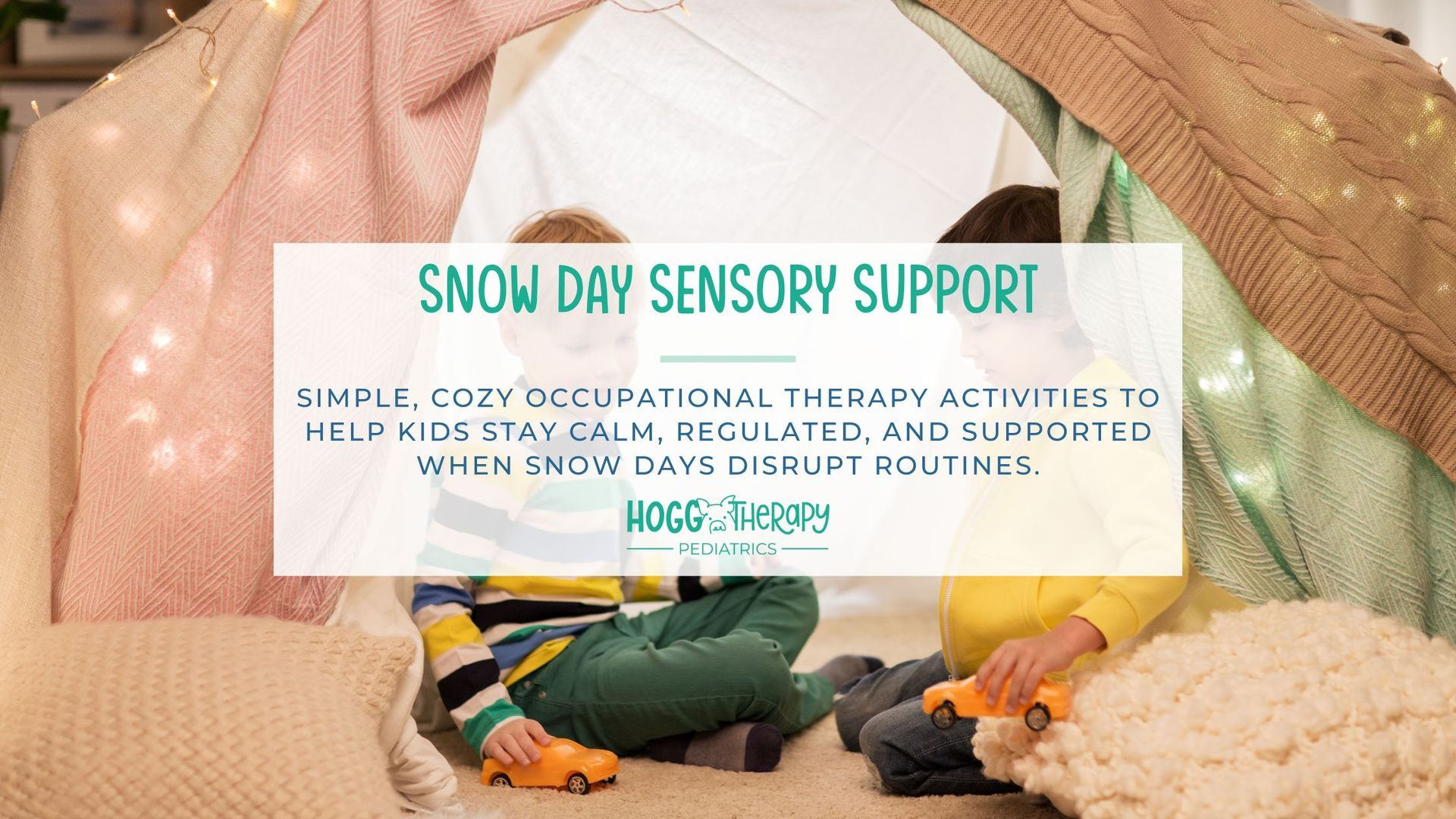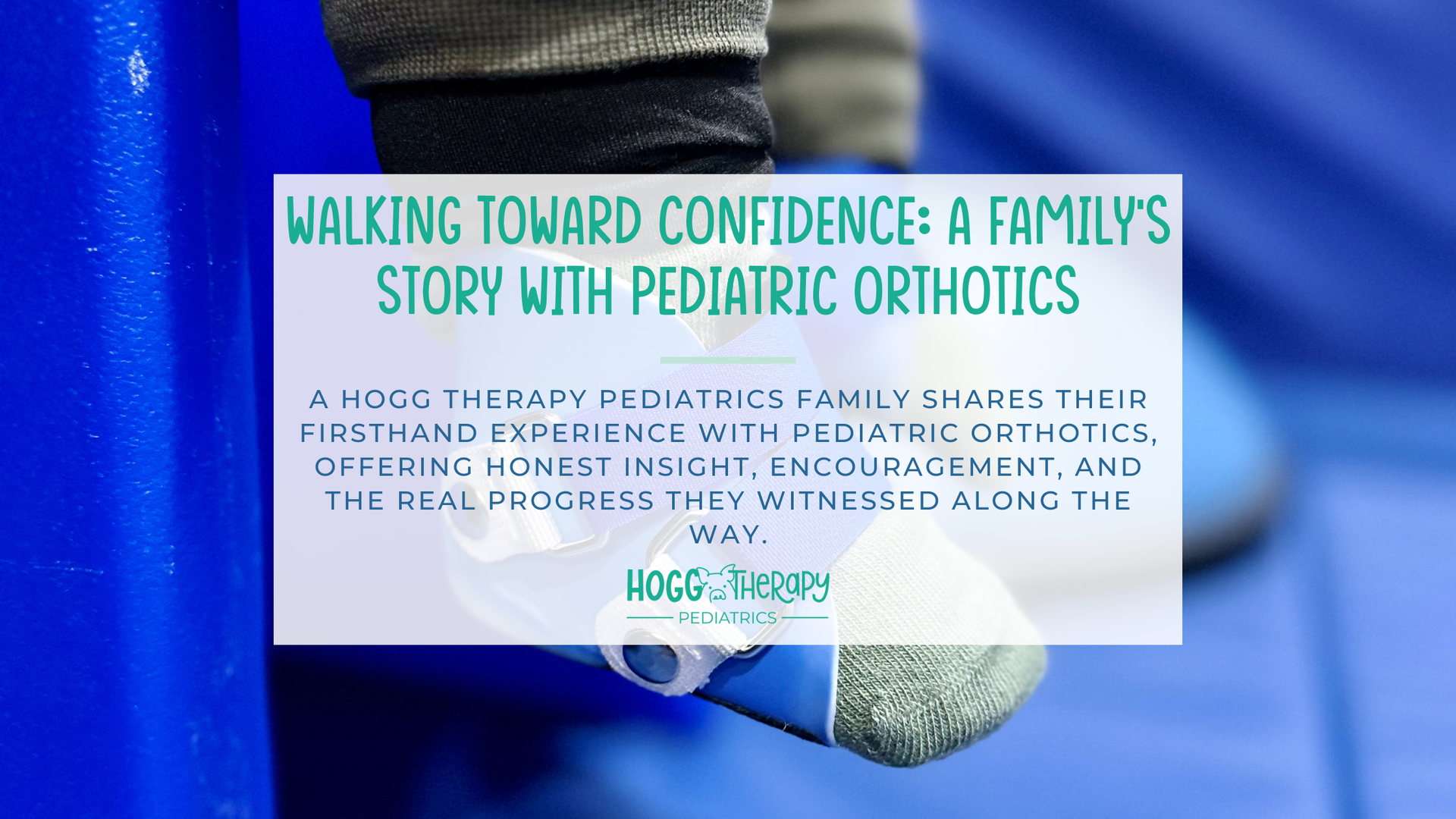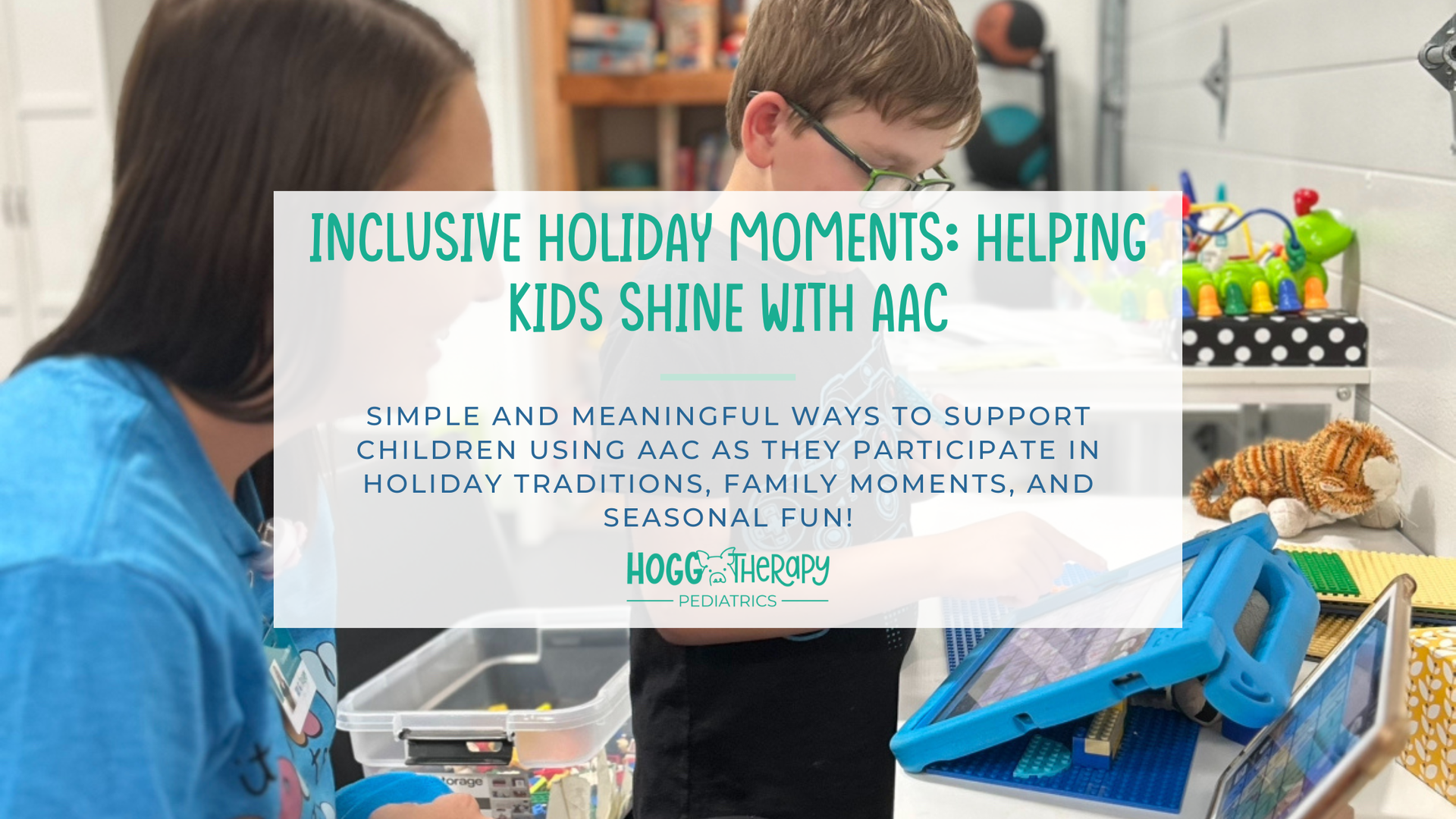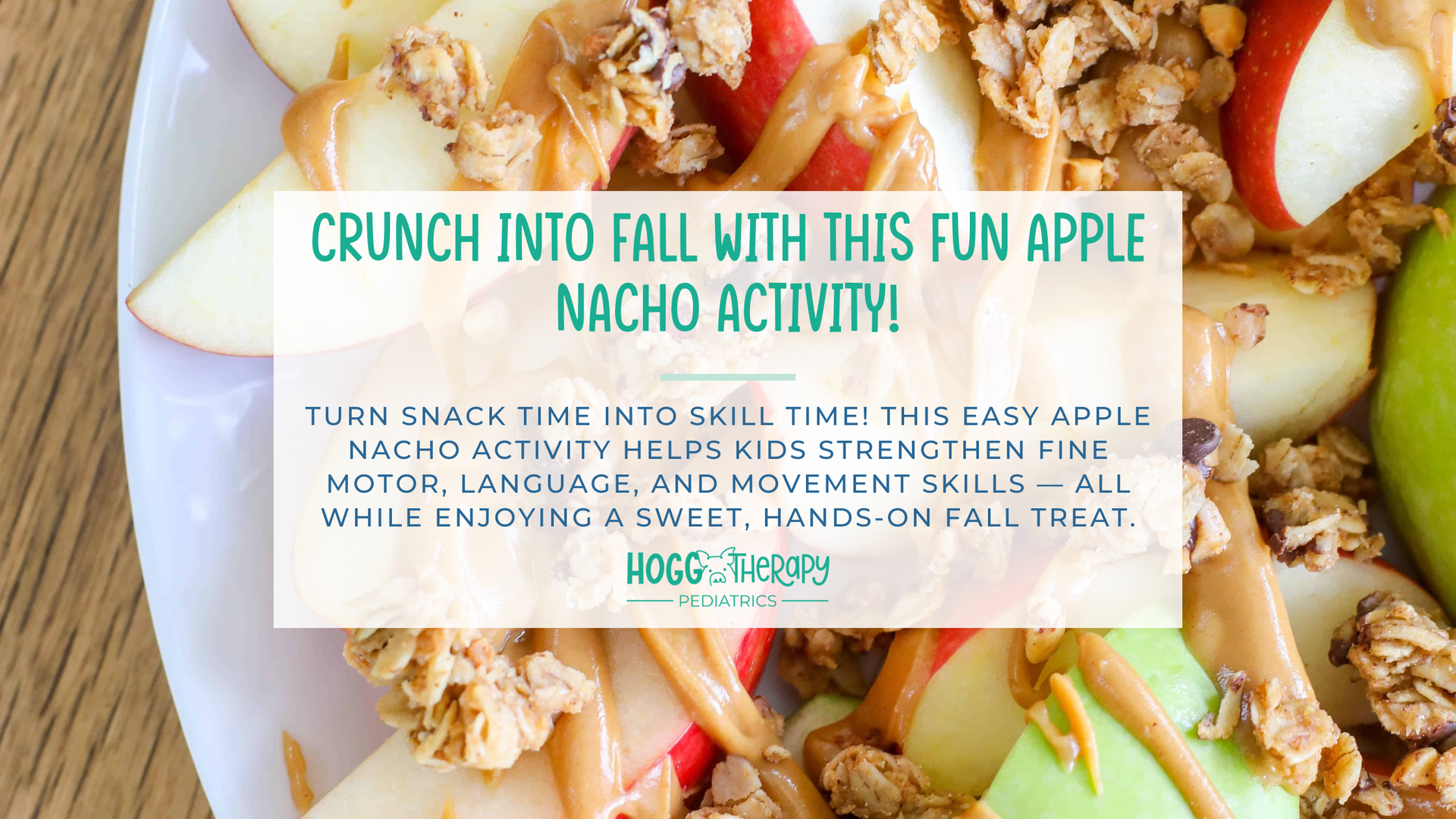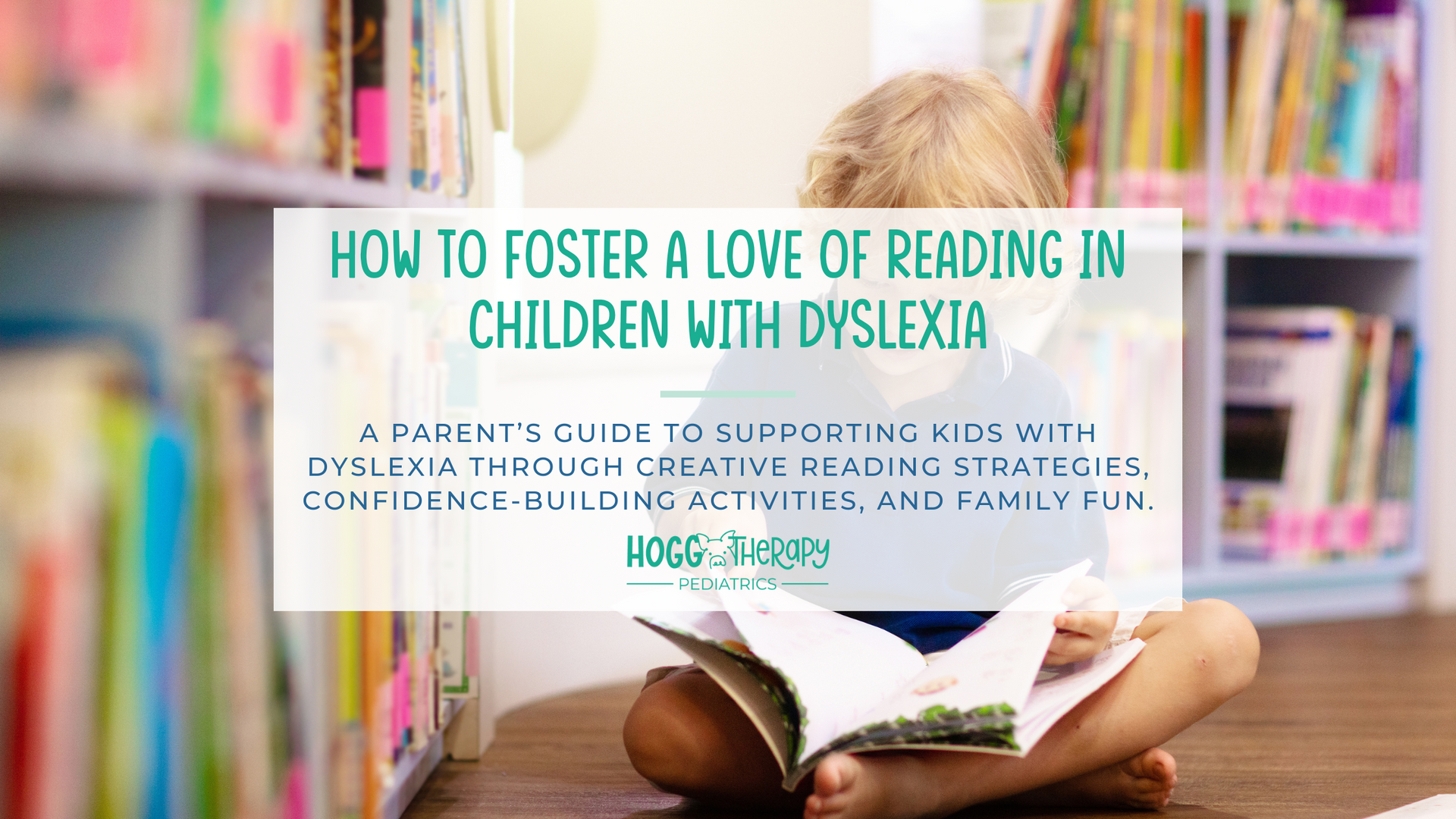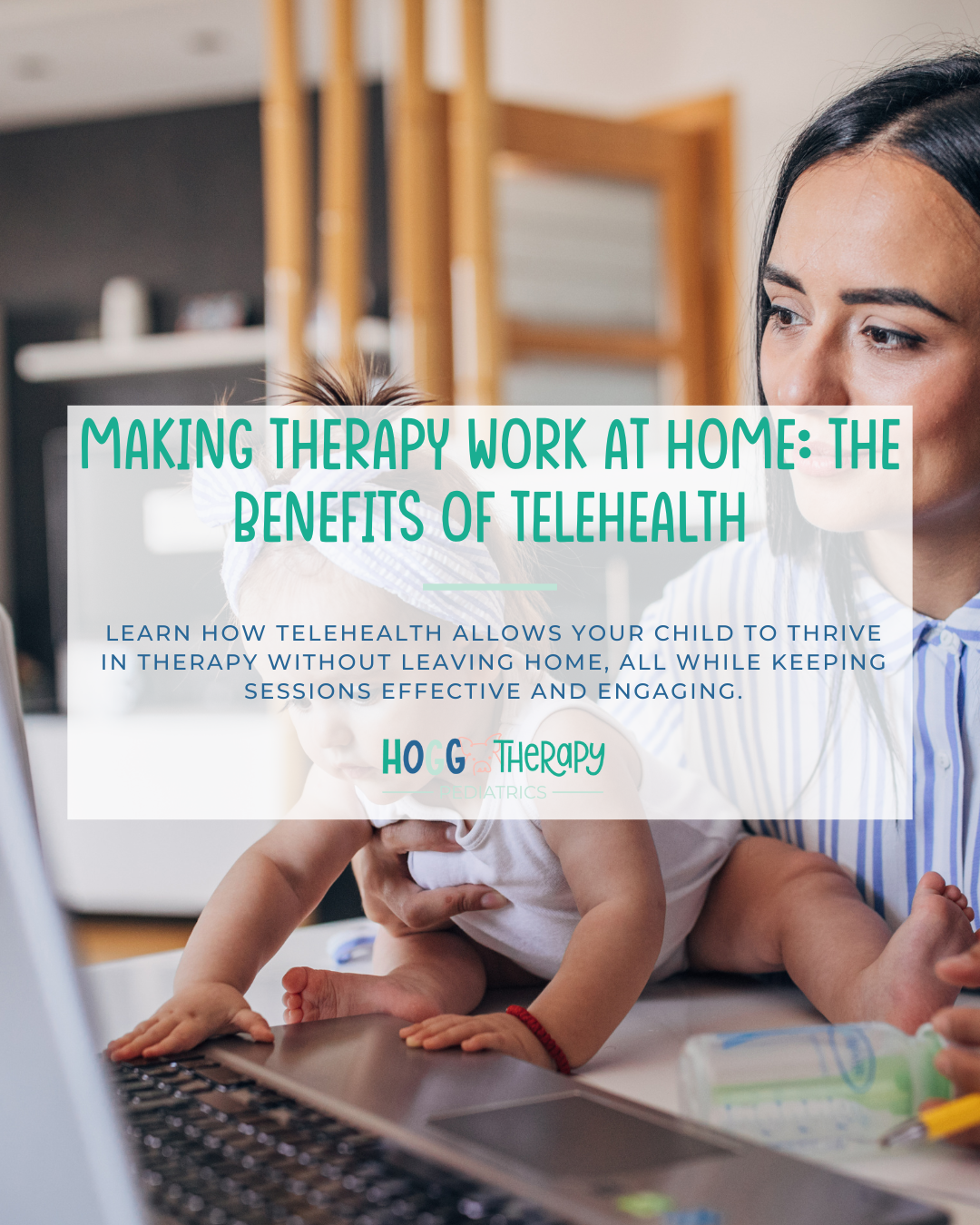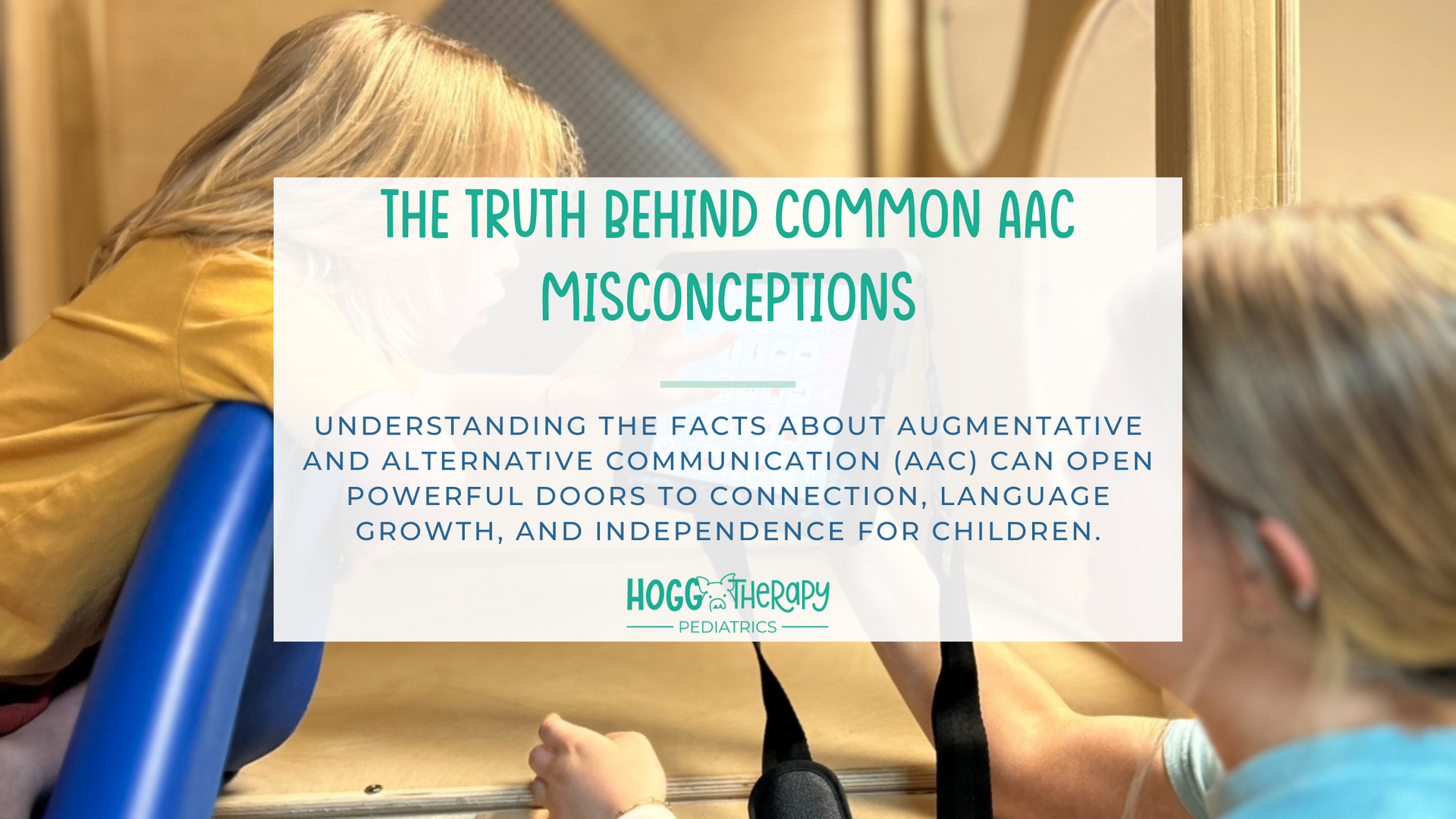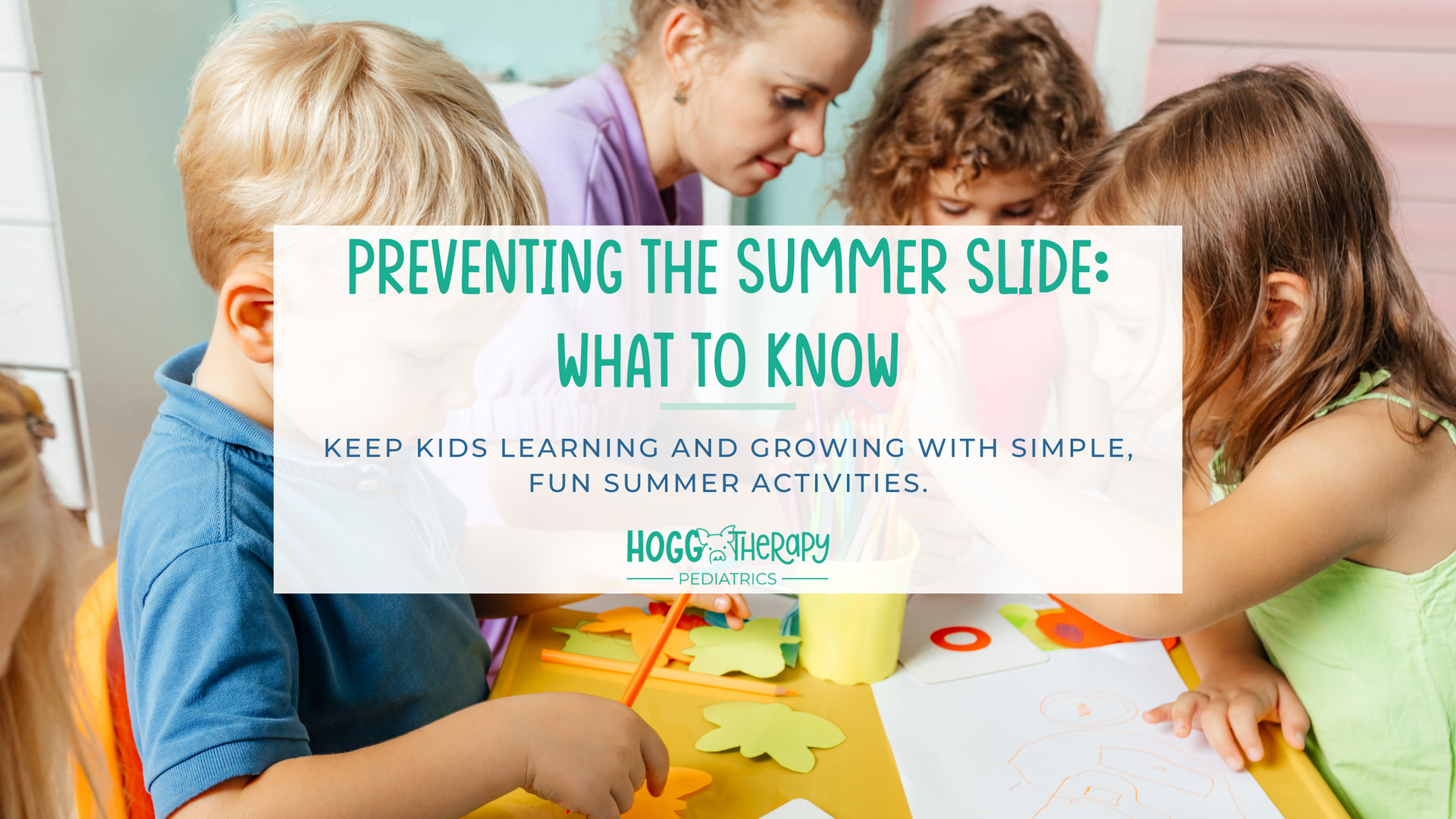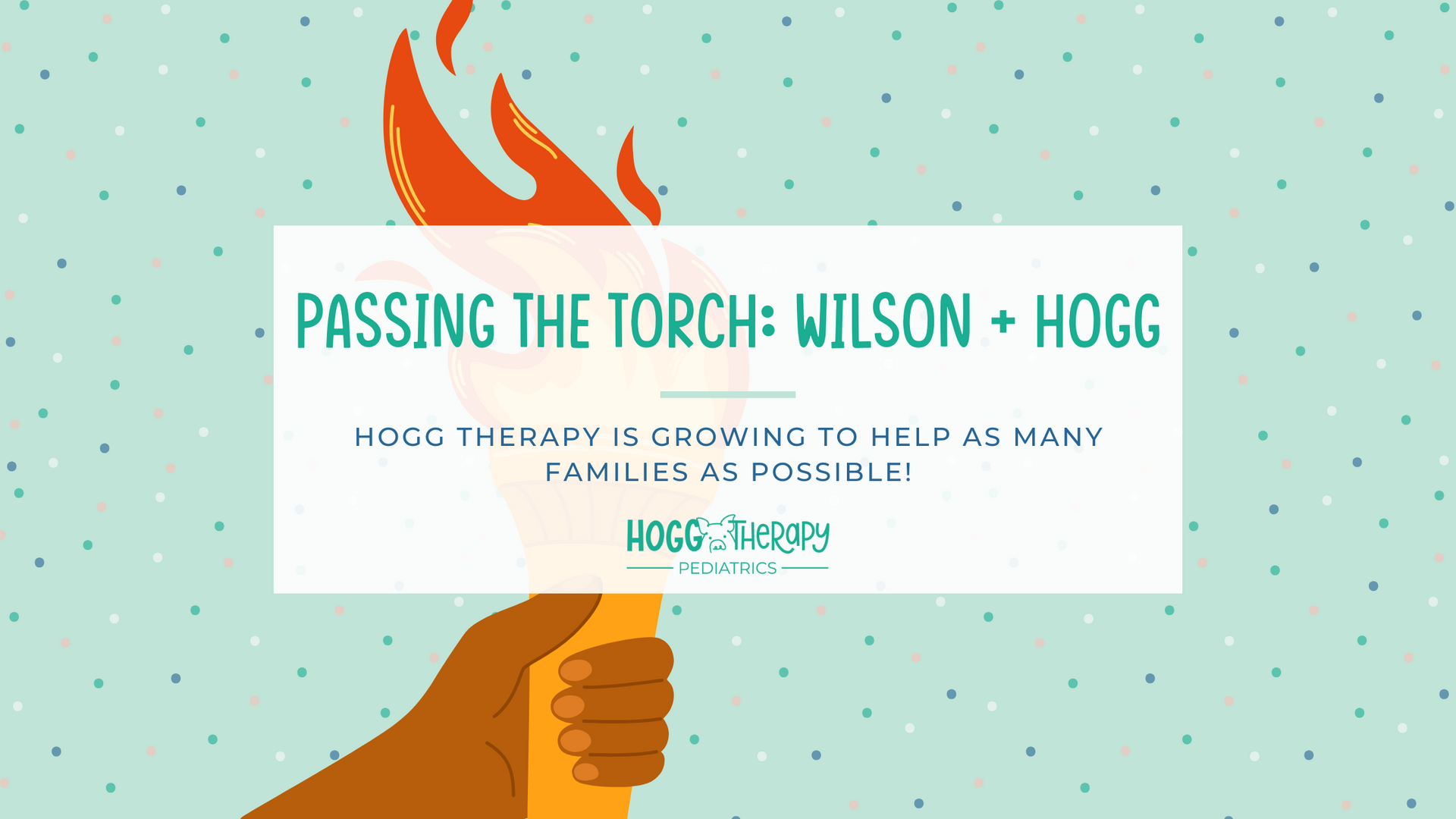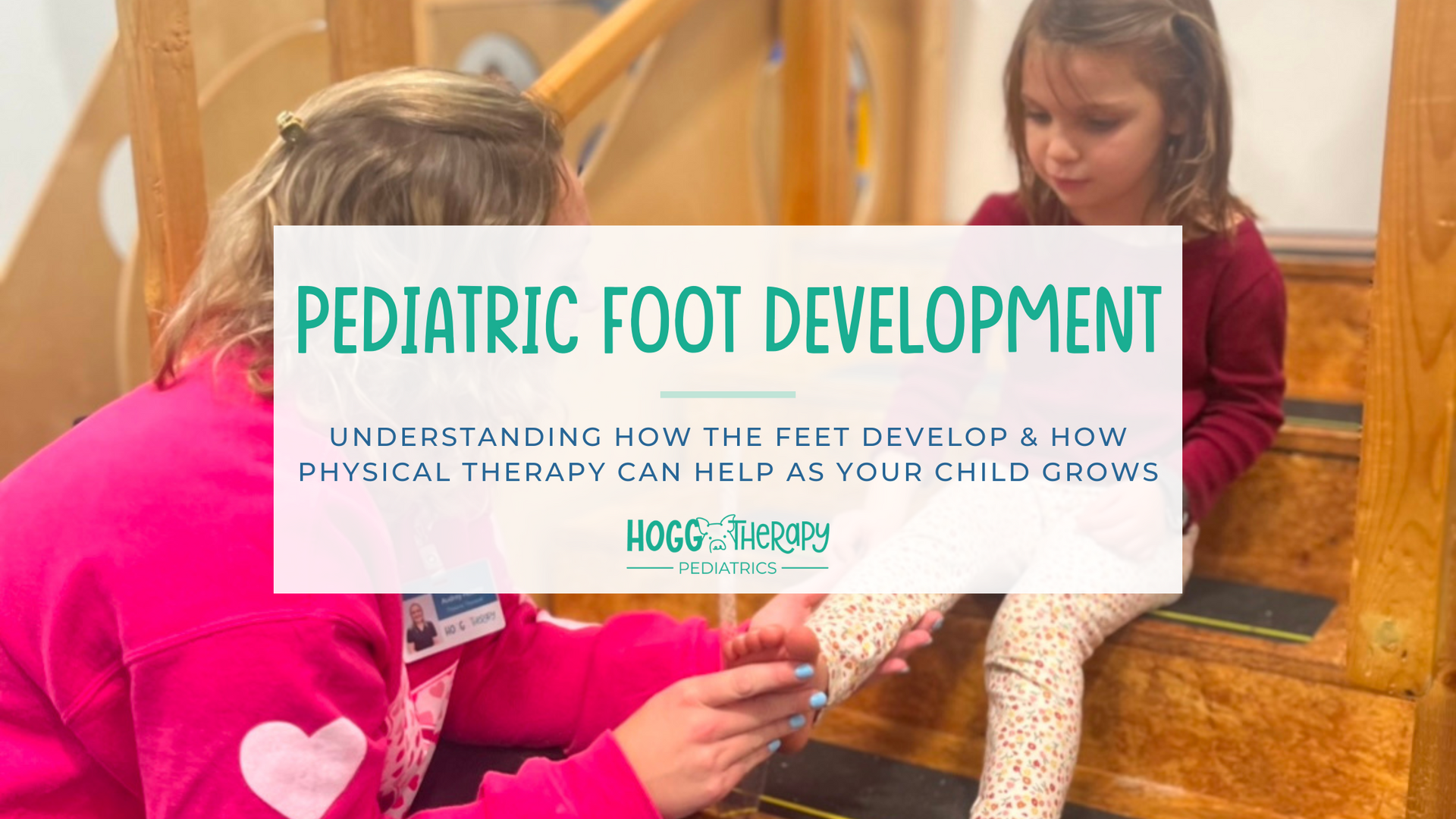"Baby Talk": Helpful or Harmful for Language Development?
By: Georgia Means, M.A., CCC-SLP
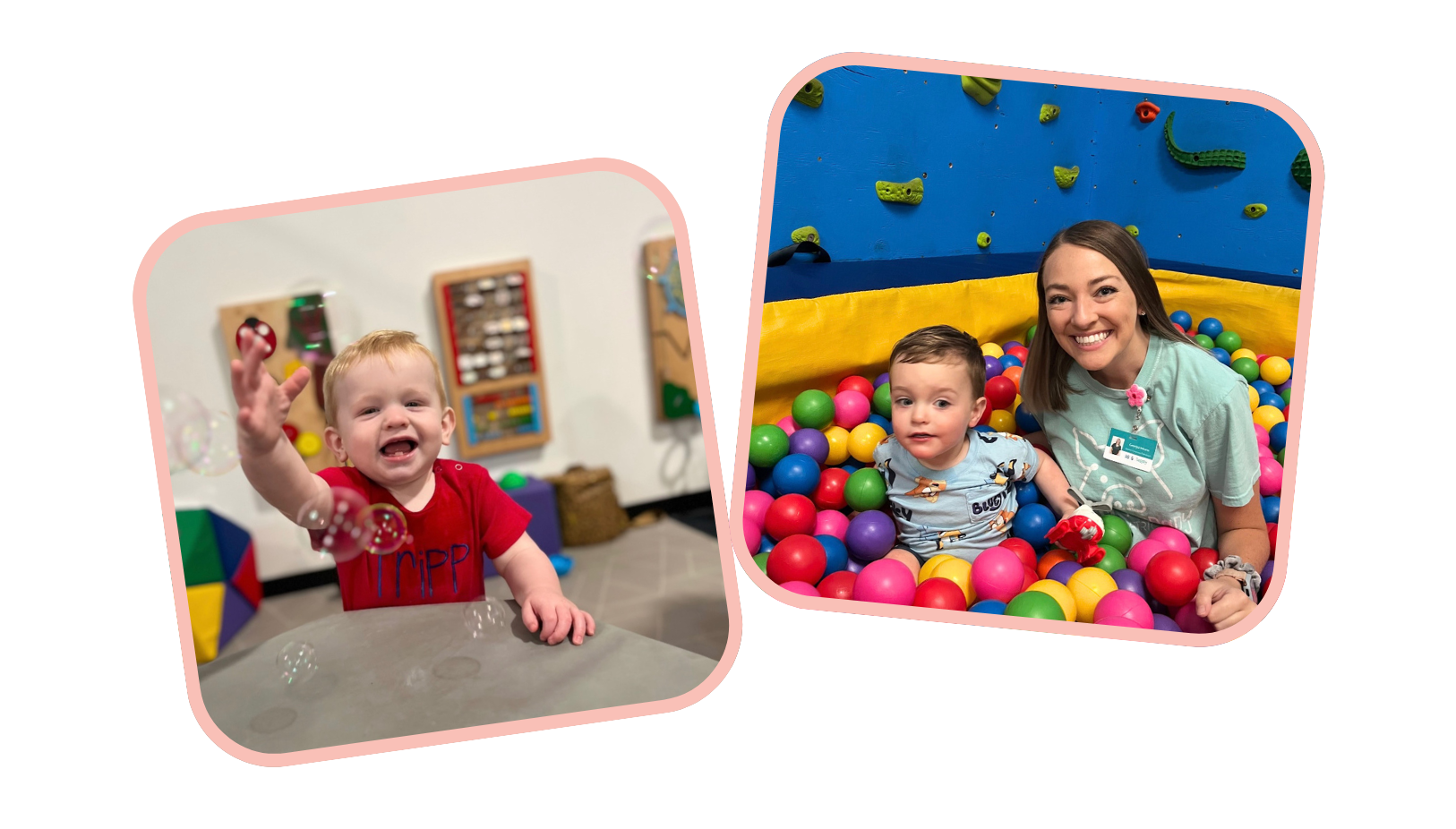
Whether you’re a new parent, a caregiver, or just someone who’s spent time around little ones, chances are you’ve used or heard “baby talk.” It might be a high-pitched sing-song voice or a silly word like “wittle” instead of “little". But what many people don’t realize is that how we speak to babies can actually influence how they learn to speak themselves. So what’s the deal—is baby talk a cute bonding moment or something that could affect speech development down the line? Let’s break it down.
What is "baby talk"?
“Baby talk” has a variety of meanings in the eyes of different people. While some people consider simply raising the pitch of your voice to be “baby talk,” others may completely change the way they produce certain words. This can look like an adult telling a child they “wuv” them rather than pronouncing it as “love,” the way they typically would.
Why "baby talk" Can Be Negative
When speech sounds are changed or distorted to sound cute for a child, what we are really doing is providing an inaccurate model of language. During development, the majority of speech is learned through direct observation and models. So, when the model that is provided to the child is incorrect, there are sure to be speech errors in the child’s speech as they develop language. While no adult is knowingly trying to impair their child’s speech when they alter their language to be more entertaining or fun, it may be doing more harm than good!
Why "Baby Talk" Can Be Positive
An aspect of baby talk that is proven to be beneficial for language development is raising your pitch, referred to as “parentese.” Studies show that when infants are exposed to daily doses of it throughout their first year of life, they develop more robust vocabularies than other children (Witman, 2021). The distinct sound of “parentese” grabs the attention of infants more than typical speech, allowing for the child to take in and absorb more. This leads to a larger vocabulary and more use of language than peers who were not exposed to the same models.
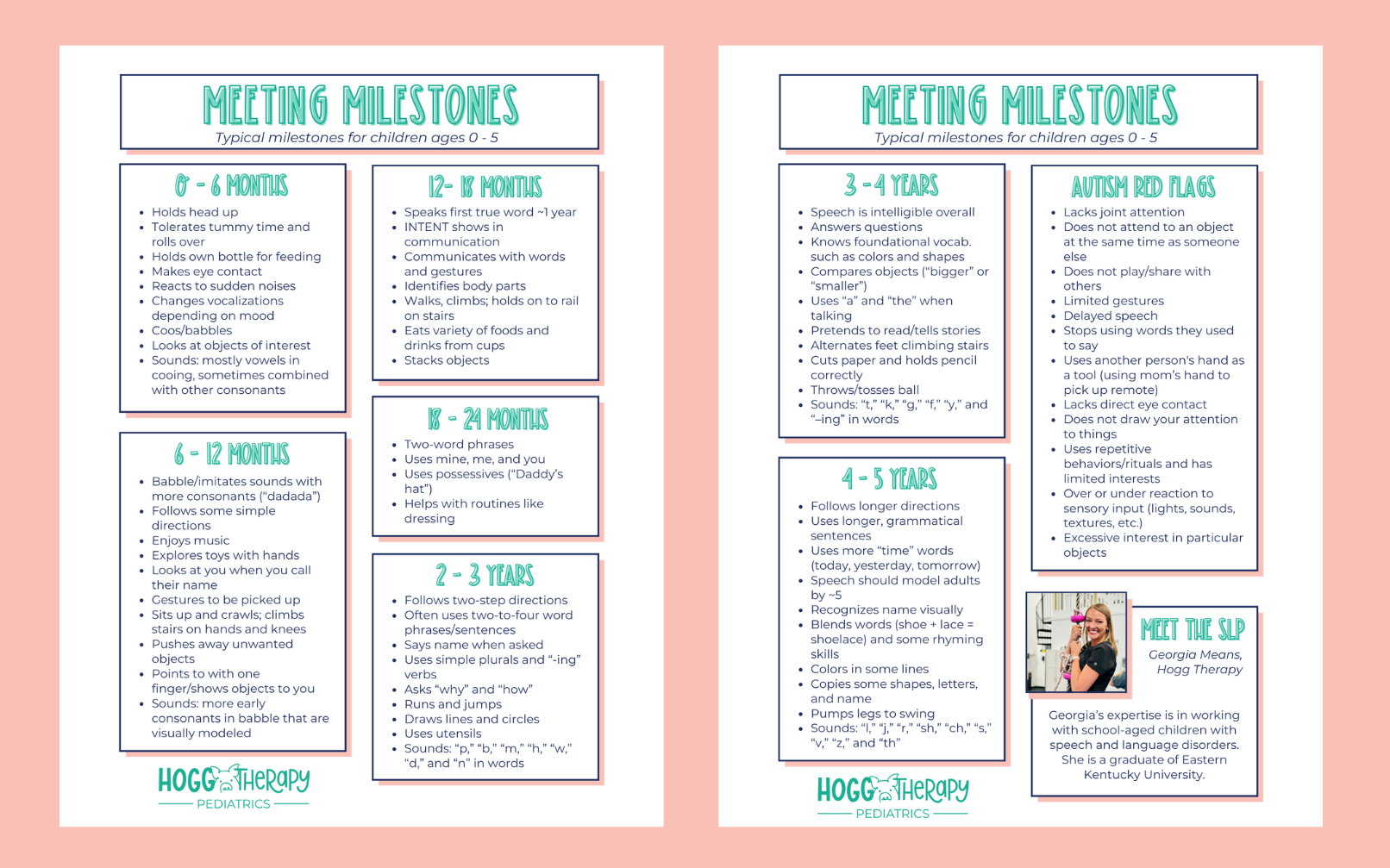
Not all "baby talk" is created equal. While playful speech and affectionate tones are an important part of bonding, it is helpful to be mindful of the language models we are providing. Using clear pronunciation and speaking in a melodic, high-pitched tone that naturally captures an infant’s attention, known as parentese, can give your child a strong foundation for learning to speak. Choosing the right kind of "baby talk" supports your child in reaching typical speech and language milestones and helps set them up for confident communication as they grow. Enjoy those sweet moments with your little one, and remember that the way you talk to your baby can have a lasting impact on their development.
How Speech Therapy can help
If you're concerned about your child’s speech or language development, speech therapy can provide support, guidance, and personalized strategies to help them thrive. A licensed speech-language pathologist can assess your child’s communication skills, identify any delays or difficulties, and work with you to build strong language foundations through fun, engaging activities! Check out our Developmental Screening Tool to see if your child is on track and identify potential areas for improvement, or call us at (859) 353-3666 to get started.
Read More About "Baby Talk"
- Witman, S. (2021). “Baby Talk” Isn’t Silly—It’s Scientifically Smart – NPR
- Ramírez-Esparza, N., et al. (2014). Parent Coaching Increases Verbal Interactions in Low-SES Families – Developmental Science
- Kuhl, P. (2011). Early Language Learning and Literacy: Neuroscience Implications for Education – Mind, Brain, and Education



